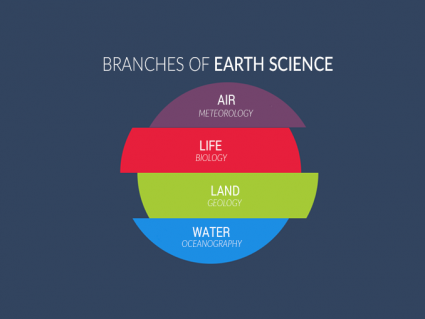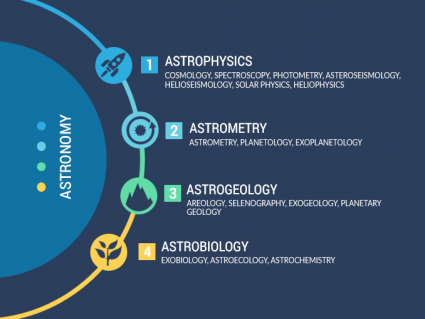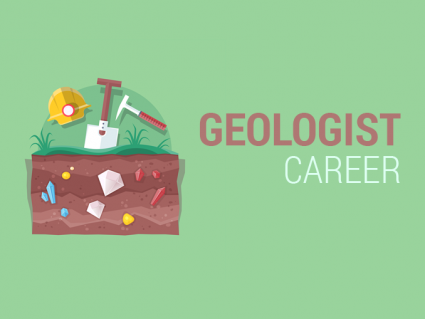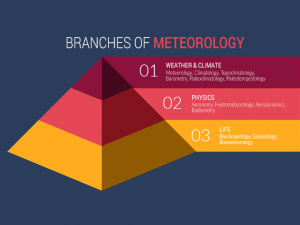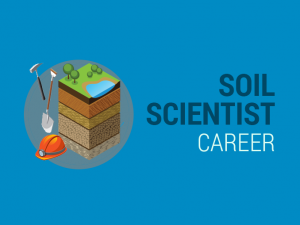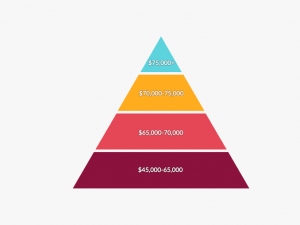What Does a Mineralogist Do?
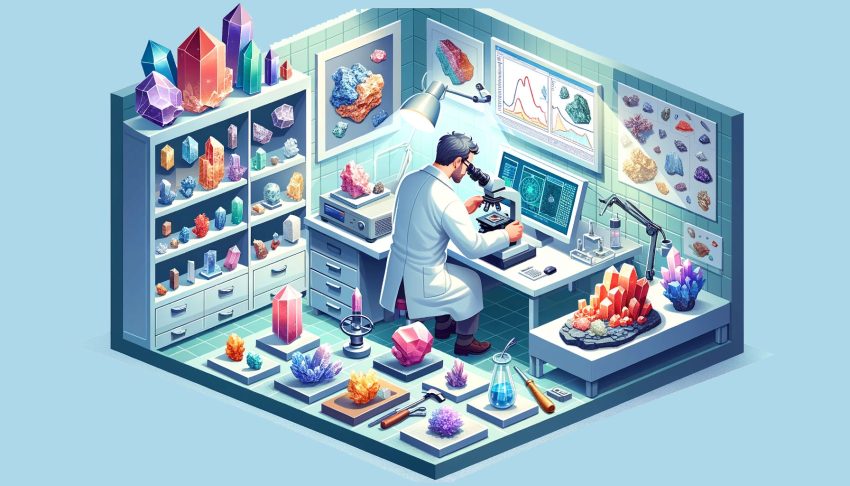
What is a mineralogist?
Mineralogists are like the detectives of the geology world. They explore landscapes and collect mineral samples. When they a mineralogist finds one, they analyze their physical and chemical compositions in laboratories.
We typically divide mineralogy into 5 branches.
- Crystallography – Crystallography is the study of crystal structures and their properties at the atomic level.
- Physical mineralogy – Physical mineralogy examines the physical properties and internal structure of minerals, such as hardness and density.
- Chemical mineralogy – Chemical mineralogy focuses on the composition and atomic structure of minerals.
- Environmental mineralogy – Environmental mineralogy studies how minerals impact and interact with the Earth’s ecosystems such as contaminated sites.
- Descriptive mineralogy – Descriptive mineralogy categorizes minerals based on their physical and optical properties.
What is the difference between a geologist and a mineralogist?

A geologist studies the Earth, including its structure, materials, processes, and history. They focus on broader aspects. In a geology career, they might analyze rock formations, natural disasters, and Earth’s evolution.
In contrast, a mineralogist specializes in minerals, which are the building blocks of rocks. They examine mineral properties, formations, and their uses. Their expertise goes a long way in industries such as mining, construction, and environmental science.
While geologists have a wide-ranging focus on Earth science, mineralogists concentrate specifically on the study and application of minerals. Furthermore, mineralogists often contribute to the field of geology by providing details of the mineral composition of rocks.
READ MORE: 37 Branches of Geology
What type of education is required for a mineralogist?
To become a mineralogist, you typically need a bachelor’s degree in geology or a related field like earth sciences. This undergraduate education provides a foundational understanding of minerals, rocks, and geological processes.
Mineralogists might pursue a master’s degree, specializing in mineralogy or a related discipline. Advanced degrees often involve research and in-depth study of specific types of minerals or mineral-related processes.
Additionally, hands-on experience through internships or fieldwork is helpful to break into this career. This can help you gain practical skills in mineral identification and analysis.
“Mineralogists are like Earth’s librarians. They catalog the stories written in stone.”
Who hires mineralogists?
Mineralogists, with their deep understanding of minerals, find career opportunities in various sectors. Here are some of their top employers.

- MINING COMPANIES: Mining companies often hire to help locate and extract mineral resources efficiently and sustainably.
- UNIVERSITIES: Universities and research institutions also employ mineralogists for academic research and teaching roles.
- CONSULTING FIRMS: Environmental consulting firms hire mineralogists to assess the impact of mining and other projects on the environment. Here’s how we feel about environmental consulting.
- MUSEUMS & GOVERNMENT: Museums and government geological surveys may employ mineralogists for their expertise in classifying and preserving mineral collections.
Additionally, some mineralogists work in the gemstone industry, focusing on the identification, grading, and processing of precious stones.
Do mineralogists work in the field or an office setting?
Mineralogists work in both field and office settings, depending on their specific job roles:
In the field, they collect mineral samples and often work in remote locations like mines or mountains. This fieldwork helps gather real-world data and observe minerals in their natural environment.
In office settings, mineralogists analyze collected samples, interpret data, and model geological phenomena. Some also work in laboratories, using specialized equipment to study the properties and composition of minerals in detail.
“Where others see mere rocks, mineralogists uncover the fingerprints of time and nature.“
What skills do you need to be a mineralogist?
If you’re looking to get into the field of mineralogy, here are some of the skills that employers are looking for:
- Geology – A strong foundation in geology and earth sciences is essential for understanding mineral formation and properties.
- Analytical Skills – Good analytical skills are crucial for examining and interpreting mineral data and research findings.
- Laboratory Experience – Proficiency in using laboratory equipment, like microscopes and spectrometers, is important for detailed mineral analysis.
- Fieldwork Skills – Fieldwork skills, including sample collection and site assessment, are necessary for those conducting research outdoors.
- Computer Skills – Especially in data analysis and modeling software, this helps in visualizing and analyzing geological data.
- Chemistry – Knowledge of chemistry is important to understand the chemical composition and reactions of different minerals.
- Attention to Detail – This skill is vital for accurately identifying and classifying minerals.
- Communication Skills – Mineralogists share findings with colleagues, write reports, and sometimes teach.
- Problem-solving Skills – This helps in developing practical applications for mineral use in various industries.
- Curiosity – A curiosity about the natural world and a willingness to continually learn are key, as the field of mineralogy is always evolving.
What Do Mineralogists Do?
Being a mineralogist offers a unique blend of fieldwork, laboratory analysis, and theoretical study. This might be appealing to those who like a change of scenery every day.
This career not only provides the opportunity to explore the mysteries of minerals but also contributes significantly to various scientific and industrial fields.
As a mineralogist, you become part of understanding one of Earth’s fundamental components – minerals.
Do you have any questions about a career in mineralogy? Please let us know in the comment section below and we’d be happy to get back to you.



